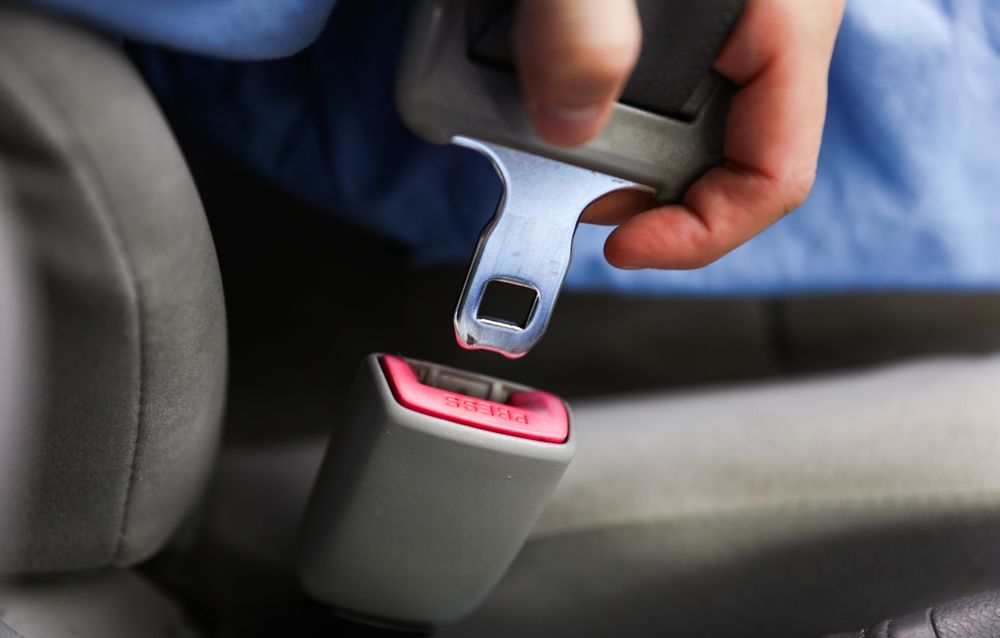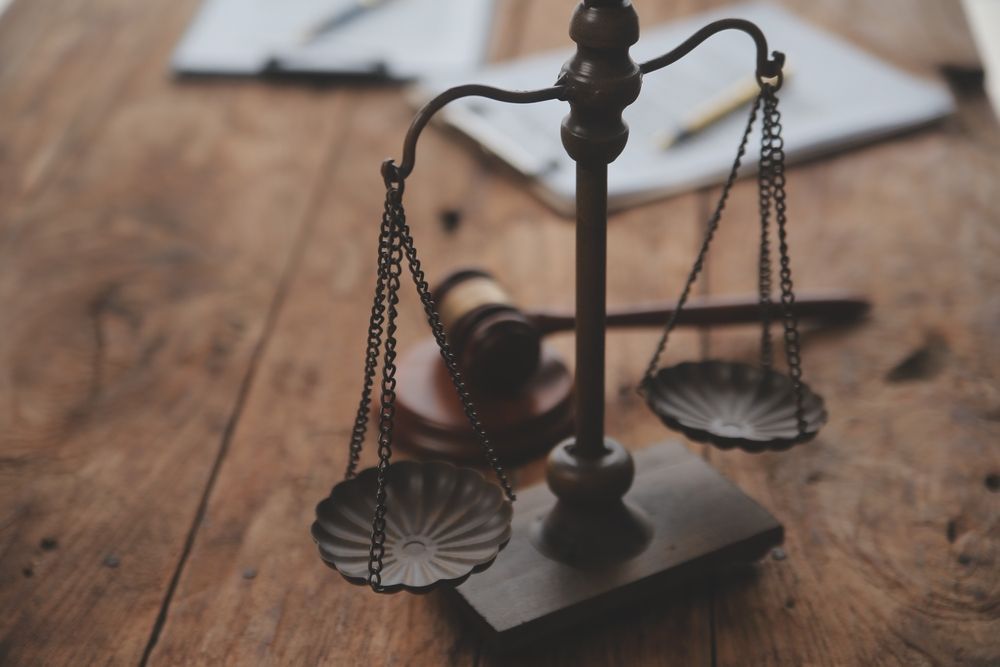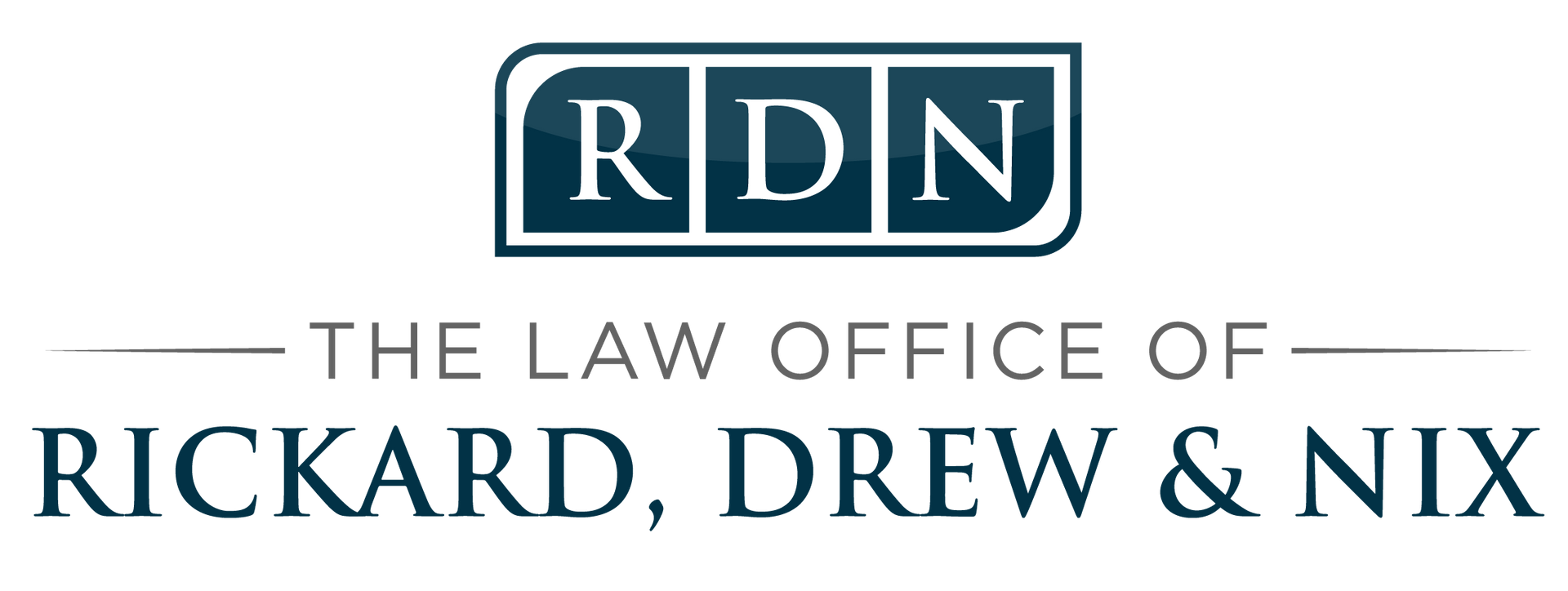Navigate Your Injury Case: Questions for an Atlanta Lawyer
Victims of a personal injury accident have a lot on their plates. Not only are they struggling with physical pain, doctor's visits, and medical bills, but they've likely had property loss as well. That's why some victims struggle with communication during their initial consultation with an injury attorney. But they needn't worry. Experienced attorneys are consummate pros at summarizing your injury experience and providing legal recourse. Their expertise and compassion can guide you through the process and achieve the compensation you need to move forward.
Navigating an injury case can be overwhelming, especially after an accident that may require surgery or lead to a jury trial. As individuals seek justice, questions often arise about how to find the right attorneys, the steps involved in filing a claim, and the potential value of their case. This article will cover essential topics such as understanding personal injury law in Atlanta, assessing a lawyer's experience, and discussing legal fees. By reading this content, individuals will better prepare for their consultations, ensuring they secure the best possible outcome for their situation.
Understand the Basics of Personal Injury Law in Atlanta
Personal injury law in Atlanta encompasses various aspects that potential clients should understand. This includes common types of personal injury cases in Georgia, such as slip and fall incidents and
Car Accidents. Understanding the statute of limitations for filing a personal injury lawsuit is vital, along with knowledge of comparative negligence laws, which can affect compensation. Each of these topics is crucial for tailoring a demand letter and gathering medical records necessary for a successful claim.
Identify Common Types of Personal Injury Cases in Georgia
In Georgia, common types of personal injury cases include car accidents, slip and fall incidents, and medical malpractice. Each case can lead to significant damages, affecting the injured party's quality of life and finances. Understanding these types of cases is essential for potential clients seeking to navigate personal injury law effectively and secure the compensation they deserve.
Know the Statute of Limitations for Injury Claims
In personal injury law, understanding the statute of limitations is crucial for clients pursuing claims in Atlanta. Typically, Georgia law allows a two-year period to file a personal injury case from the date of the accident. Failing to act within this time frame can result in losing the right to seek compensation, emphasizing the importance of gathering evidence and working with expert witnesses early in the process.
Recognize Comparative Negligence Laws in Atlanta
In Atlanta, comparative negligence laws play a significant role in personal injury lawsuits, particularly in motor vehicle accidents. These laws determine how compensation is awarded based on the degree of fault of each party involved. For instance, if a victim is found to be 30% responsible for the accident, their potential settlement would be reduced by that percentage, highlighting the need for effective legal representation to navigate these complexities. Understanding these laws can help clients maximize their settlements and seek fair arbitration in their cases.
Ask About the Lawyer's Experience Handling Similar Cases
When selecting an attorney for an injury case, clients should inquire about the lawyer's experience with past case outcomes and settlements, ensuring they understand the attorney's negotiation strategies. Familiarity with local courts is also crucial, as it can influence the case's direction. Additionally, checking for specializations in specific injury types, such as product liability, can enhance the chances of a successful claim, making it essential to discuss these topics openly.
Inquire About Past Case Outcomes and Settlements
When considering a personal injury lawyer, potential clients should inquire about the attorney's knowledge regarding past case outcomes and settlements. Understanding how the lawyer has evaluated similar injury cases, particularly in areas such as premises liability, can provide insight into their effectiveness. Clients may also want to discuss how the lawyer navigates insurance policy negotiations and what specific strategies have led to successful settlements in previous cases.
Confirm the Lawyer's Familiarity With Local Courts
Confirming a lawyer's familiarity with local courts is essential for a successful personal injury case in Atlanta. A knowledgeable attorney will understand the nuances of local procedural rules and the behavior of judges and defendants, which can significantly influence the outcome of a case. This insight allows the lawyer to strategically navigate the statute of limitations and effectively present their opinion, ensuring that the law firm's approach is tailored to meet the unique demands of the client's situation.
Check for Specializations in Specific Injury Types
When seeking an attorney for a personal injury case, it is crucial to check their specializations in specific injury types, such as pedestrian accidents or cases involving negligence. Attorneys who focus on particular areas often have a deeper understanding of relevant laws and jury expectations, which can significantly impact case outcomes. A lawyer's experience with similar cases can lead to favorable verdicts and higher financial compensation, as they are better equipped to navigate the complexities of each unique situation.
Discuss Legal Fees and Payment Structures Upfront
Understanding legal fees and payment structures is critical when navigating a personal injury case in Atlanta. Clients should be aware of contingency fee agreements, which determine attorney payment based on successful case outcomes, and inquire about additional expenses or potential hidden fees. Learning about available payment plans can also assist clients in managing costs effectively, especially following car accidents where legal advice is essential.
Understand Contingency Fee Agreements and Costs
Understanding contingent fee agreements is essential for clients pursuing injury cases, such as those involving car accidents or dog bites. These agreements allow clients to pay their attorney a percentage of the settlement or award only if the case is won, minimizing financial risk during legal proceedings. By discussing potential costs upfront, clients can ensure they fully grasp how mediation, vehicle insurance claims, and other related expenses will be managed, fostering transparency and trust throughout the legal process.
Ask About Additional Expenses and Potential Hidden Fees
When discussing legal fees with an Atlanta lawyer, it is essential for clients to inquire about any additional expenses that may arise throughout the case. Hidden fees can significantly impact the total cost, and understanding what percentage of the settlement will go to attorney fees, paralegal services, and other expenses is vital. Clients should ask about potential costs related to medical records, expert witnesses, or documentation needed to establish legal liability for pain and suffering, ensuring transparency and trust as they navigate their injury case.
Learn About Payment Plans and Available Options
Understanding payment plans and available options is vital for clients navigating their injury lawsuit in Atlanta. Many attorneys offer various structures, including contingency fees, which allow clients to pay nothing unless their case is won, minimizing financial risk. During a free case evaluation, potential clients should ask about any arrangements that can fit their budget and discuss concerns related to fault in their injury case.
Learn the Steps Involved in Filing an Injury Claim
Filing an injury claim involves several critical steps. First, gathering all necessary documentation and evidence, such as medical records and witness testimonies, is essential for a strong complaint. Next, clients must file legal claims within the required deadlines to avoid losing their right to compensation. Lastly, effective communication with insurance companies about expenses and other pertinent details is vital for maximizing potential settlements.
Gather All Necessary Documentation and Evidence
Gathering all necessary documentation and evidence is a crucial step in filing an injury claim. This process includes collecting medical records, accident reports, and any witness statements that can support the case. Additionally, clients should be mindful of the impact of comparative negligence, as any shared responsibility for the incident can affect the final judgment in court. Conducting thorough research and consulting with a court reporter when preparing testimony can ensure that all relevant information is presented effectively, enhancing the chances of a successful outcome.
File Legal Claims Within the Required Deadlines
Filing legal claims within the required deadlines is crucial for plaintiffs pursuing personal injury cases in Atlanta. An advocate specializing in personal injury law must ensure that their clients understand the two-year statute of limitations that governs these claims in Georgia. Missing this deadline can prevent a plaintiff from receiving the compensation they deserve, underscoring the importance of timely action and proactive legal representation throughout the process.
Communicate With Insurance Companies Effectively
Effective communication with insurance companies is a critical component of navigating an injury claim. Clients should clearly articulate their injuries, expenses, and the impact on their daily lives. Staying organized and providing accurate information helps build a strong case, making it easier to negotiate a fair settlement.
Evaluate the Potential Value of Your Injury Case
Assessing the potential value of an injury case involves several key considerations. First, examining medical expenses and ongoing treatment costs establishes the financial impact of the injuries. Secondly, accounting for lost wages and future earnings potential reflects the economic damage experienced. Finally, factoring in pain, suffering, and emotional distress can provide a comprehensive view of the case's worth, guiding clients in their pursuit of fair compensation.
Assess Medical Expenses and Ongoing Treatment Costs
Assessing medical expenses and ongoing treatment costs is fundamental when evaluating the potential value of an injury case. Injured individuals should track all medical bills, including hospital visits, rehabilitation costs, and any required future treatments. This detailed documentation helps establish the financial impact of injuries and supports the claim for fair compensation based on medical needs and recovery efforts.
Consider Both Lost Wages and Future Earnings Potential
When assessing the potential value of an injury case, it is essential to consider both lost wages and future earnings potential. Injured individuals may find themselves unable to work, leading to immediate financial hardship due to lost income. Furthermore, a thorough evaluation of future earnings potential is vital, particularly if the injury results in long-term disability or limits job opportunities, as it affects the overall compensation amount. Understanding these factors helps clients discuss their situation with a personal injury lawyer in Atlanta, who can offer guidance on the appropriate calculations for their claims.
Factor in Pain, Suffering, and Emotional Distress
When evaluating the potential value of an injury case, it is crucial to factor in pain, suffering, and emotional distress stemming from the incident. These non-economic damages often reflect the profound impact an injury has on a person's daily life, including mental anguish and loss of enjoyment. Legal professionals in Atlanta can help clients articulate these experiences effectively, ensuring that such factors are considered when determining compensation to reflect the true extent of their suffering.
Prepare for Your Initial Consultation With Key Questions
Preparing for an initial consultation with an Atlanta lawyer involves crucial steps to ensure a productive discussion about an injury case. Clients should compile all important details about their accident, bringing relevant medical records and billing statements to the meeting. Additionally, outlining their goals and expectations for the case will help the attorney understand their needs, guiding the legal strategy effectively.
Compile All Important Details About Your Accident
Compiling all important details about the accident is a critical step for clients preparing for their initial consultation with an Atlanta lawyer. Clients should gather information such as the date and time of the incident, location, and any witnesses present, as well as photographs or videos that can provide context. This thorough preparation helps the attorney assess the case effectively and develop a strategy that addresses the client's specific situation, ultimately aiding in the pursuit of fair compensation.
Bring All Relevant Medical Records and Billing Statements
Bringing all relevant medical records and billing statements to the initial consultation with an Atlanta lawyer is vital for building a strong personal injury case. These documents provide crucial evidence regarding the extent of injuries and the financial impact on the injured party. By presenting detailed medical history, treatment plans, and associated costs, clients can help their attorney assess the case thoroughly, ensuring that all potential damages are accounted for as they pursue fair compensation.
Outline Your Goals and Expectations for the Case
When preparing for the initial consultation with an Atlanta lawyer, it is essential for clients to outline their goals and expectations clearly. Establishing a comprehensive understanding of the desired outcomes, such as the amount of compensation expected or specific timelines, helps the attorney develop an effective strategy tailored to the client's needs. By articulating these objectives, individuals can foster open communication with their attorney, ensuring a collaborative approach to achieving fair compensation in their personal injury case.



